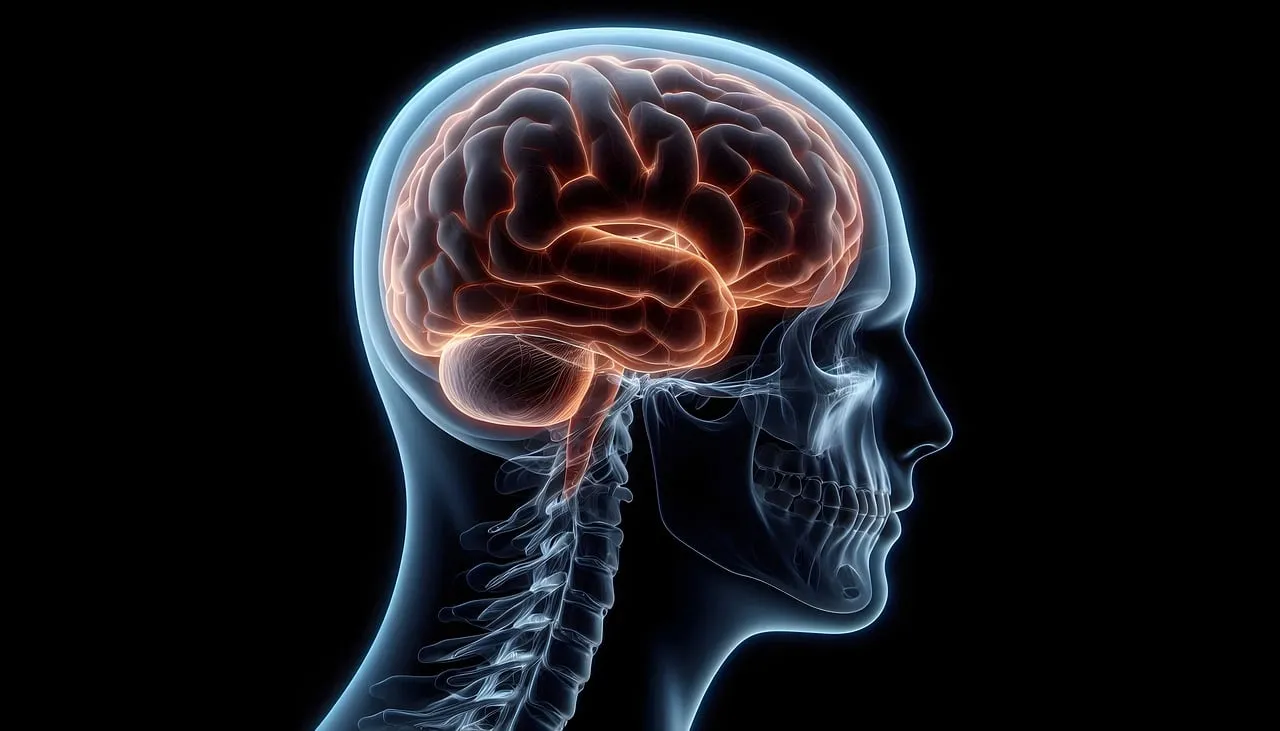Preventive Healthcare
Want Effective Sleep? Here are Steps to Improve Sleep Patterns

Sleep is essential throughout someone's life to maintain overall health and well-being. How good or bad someone's sleep is or what happens when one is sleeping influences how a person feels while he is fully awake. A person’s body works during sleep which, in turn, promotes healthy brain function and physical health.
Also, sleep helps children and adolescents grow and develop. Inadequate sleep can increase the risk of chronic health problems over time. This could also have an impact on the way a person thinks, responds, operates, understands and interacts with others.
The biological clock functions while sleeping as well as during wakefulness throughout the day. The circadian rhythm refers to this 24-hour sleep-wake cycle. The internal clock is housed in the hypothalamus, a region of the brain. It reacts to external cues that tell the body that it is indeed time to sleep.
Circadian rhythm disruption can occur as a result of the following factors:
- working in shifts
- all-nighters
- travel fatigue
- cross-time zone travel
Effect of Sleep on Vital Organs
- Circulatory system: Blood pressure and heart rate decrease as you fall asleep and enter non-REM or non-rapid eye movement sleep. During this phase, the parasympathetic nervous system controls the body while you are asleep, and the heart does not exert as much effort as it does while you are awake. The sympathetic system is activated during the phase of REM sleep and then when you wake up or when you are fully awake and relaxed, it leads to an increase in the heart rate as well as blood pressure to normal levels. A sudden rise in a person's blood pressure and heart rate upon awakening has often been linked to angina, chest pain and heart attacks. A person who does not get enough sleep or who wakes up frequently during the night may be at a higher risk of acquiring coronary artery disease and getting a stroke.
- Hormones: Sleep also has an impact on hormones. At different times of the day, the body produces different hormones. This could be linked to sleeping habits or circadian clocks. The body produces hormones that stimulate alertness, such as cortisol, in the morning, which also helps a person wake up. Many hormones have a 24-hour cycle that changes over time. In children, the hormones that notify the glands to release testosterone, oestrogen and progesterone are generated in pulses at night that become larger during their puberty.
- Metabolism: Circadian clocks influence how a person's body handles fat, including those in the liver and muscles. Circadian clocks, for example, ensure that the liver is ready to aid in fat digestion at the appropriate times. If a person eats at unexpected times, the body may react differently to fat. Not getting quality sleep can result in increased levels of hunger-controlling hormones such as leptin and ghrelin inside the body; decreased ability to respond to insulin; increased craving for food particularly fatty, sweet and salty items; reduced physical activity and metabolic syndrome.
- Respiratory: All through sleep, a person breathes less frequently and deeply and, therefore, breathes in less oxygen. These can prove to be problematic for people who suffer from asthma or chronic obstructive pulmonary disease (COPD). Generally, asthma symptoms are typically worse in the early morning hours. Similarly, breathing problems in people with lung diseases such as COPD can worsen during sleep.
- Immune systems: Sleep also has an impact on various parts of the immune system that become more active at various times of the day. When one sleeps, a specific type of immune cell works harder. As a result, people who do not get enough sleep may be more susceptible to colds and other infections.
Steps to Improve Sleep Patterns
Fortunately, there are steps you can take to improve your sleeping habits and reset your circadian rhythm.
1. Taking Time For Relaxation May Assist in Having a Good Sleep
When one is anxious or stressed, the body produces more cortisol, the stress hormone. The higher someone's cortisol level, the more alert one will feel. Making a relaxing bedtime routine can help to reduce stress and its negative effects on sleep.
Concentrate on relaxing activities such as yoga, stretching, meditation, journaling and deep breathing and consume caffeine-free tea.
2. Get in Sync With The Light
Planning light exposure is one of the most effective ways to improve the sleep schedule. When exposed to light, the brain produces less melatonin, the sleep hormone. This keeps us awake and alert. Darkness signals the brain to produce more melatonin, making people sleepier.
Exposing yourself to light in the morning can help you to wake up. Consider opening the drapes, taking a walk or sitting on the porch. Turn off or dim bright lights at night to prepare yourself for sleep. You should also avoid glowing electronic screens such as those found on computers, smartphones, and televisions because they can stimulate your brain for several hours.
3. Regular Exercise is One Way to Reset Your Biological Clock
The biological clock is linked to the majority of the tissues, including skeletal muscle. As a result, when someone exercises, the muscles respond by aligning their circadian rhythm. Exercise also improves sleep by increasing melatonin production. Thirty minutes of moderate aerobic exercise at night may improve sleep quality. However, regular exercise will yield the best results.
4. Daytime Naps Should be Avoided
Avoid taking naps during the day if your sleep schedule is out of control at times. Taking a nap can make it challenging to fall asleep again at night. Long naps may also result in drowsiness, which is caused by waking up from a deep sleep. If you have to nap, limit yourself to no more than 30 minutes. It also is best to nap before 3 pm to avoid disrupting your night-time sleep.
In conclusion, avoid bright lights and heavy meals before going to bed. Make the sleeping environment as comfortable, quiet and cool as possible. Stay active during the day and avoid naps to improve your sleep cycle.




























